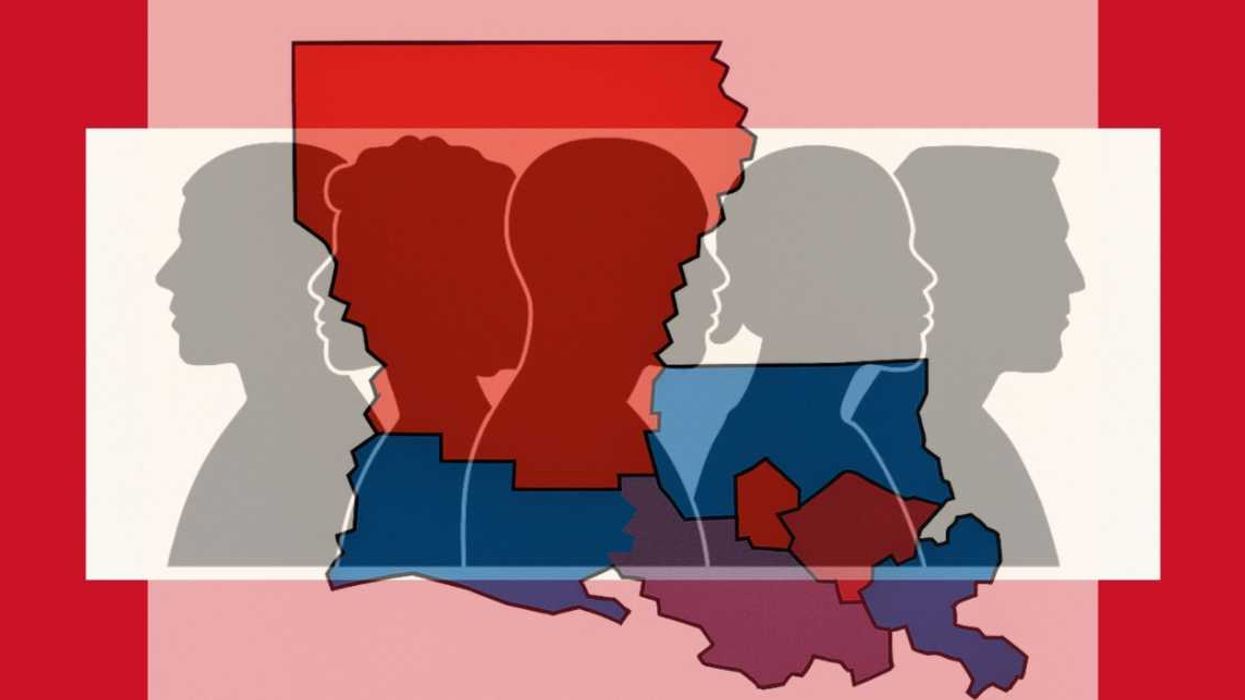On September 23rd, the Public Interest Legal Foundation (PILF) filed an amicus curiae brief in the U.S. Supreme Court in Louisiana v. Callais on behalf of eight Louisiana state legislators, urging the Justices to strike down Louisiana’s congressional map under the Fifteenth Amendment.
The brief lays out the record in plain terms: “The legislative supporters admitted it—the challenged congressional map was drawn ‘on account of race.’” The district court agreed, making a factual finding that “race motivated the draw.”
“One hundred and fifty-five years after the enactment of the Fifteenth Amendment, this Court can complete the ‘unfinished work’ of the Fifteenth Amendment and end the allocation of power based on skin color,” the brief explains. Unlike the balancing tests required by the Fourteenth Amendment, “the simplicity and comprehensiveness of the Fifteenth Amendment provides the Court with a simpler path to decide this case.”
PILF notes that “if a legislative map was enacted with a racial purpose, it violates the Fifteenth Amendment.”
The racial intent behind the map was common knowledge in Baton Rouge. Lawmakers themselves openly declared that “race was the purpose, race was the aim, and power was to be allocated to a favored race.”
PILF President J. Christian Adams emphasized the gravity of those admissions: “Louisiana legislators said on the record that race was the driving force behind this map. The Court should seize this opportunity to restore the Constitution’s promise and put an end to race-based gerrymandering once and for all.”
The summary argument of the filed amicus brief patiently states:
“This case can be decided under the Fifteenth Amendment and not reach any other issue. No words in the Constitution were purchased with the staggering amount of blood and treasure as the Civil War Amendments were. American lives and fortunes were destroyed so that the promise of equality before law could become law. Black and white, North and South, free and slave, all suffered the chaos and carnage.”
There is a long and painful history of racial gerrymandering in the United States. After the Civil War and the brief period of Black political gains during Reconstruction, many Southern states redrew district lines to suppress Black voting power. These efforts coincided with poll taxes, literacy tests, and other Jim Crow laws designed to disenfranchise Black citizens.”
More recently, the 1990s saw a series of Supreme Court cases that reaffirmed the constitutional limits on race-based redistricting:
- Shaw v. Reno (1993): The Court struck down a North Carolina district drawn to concentrate Black voters into a single, oddly shaped district. While the intent was to increase minority representation, the bizarre shape suggested race was the predominant factor, violating the Equal Protection Clause.
- Miller v. Johnson (1995): Georgia’s 11th Congressional District was invalidated for similar reasons. It was drawn to create a majority-Black district but was so irregular that the Court found race had been used improperly as the primary criterion.
- Bush v. Vera (1996): Texas attempted to create majority-minority districts, but the Supreme Court ruled that the districts were racially gerrymandered and unconstitutional due to their contorted shapes.
Despite the landmark Voting Rights Act of 1965, which outlawed racial gerrymandering and empowered federal oversight of district maps in states with histories of voter suppression, these tactics persist nearly 60 years later. As exemplified by the current Louisiana map under challenge, gerrymandering continues to be weaponized—often cloaked in legal complexity—to suppress voter rights and distort democratic representation.
This is not just a legal issue—it is a moral one. When maps are drawn to dilute the voices of communities based on race, we betray the very promise of equal citizenship. Unfortunately, racial gerrymandering is not a relic of the past; it is a present injustice that corrodes trust, deepens division, and denies dignity.
The Court now has a chance to affirm that our democracy does not belong to one race or party; it belongs to every citizen, equally. That promise must be more than words. It must be enforced.
Read the full amicus brief here.David Nevins is the publisher of The Fulcrum and co-founder and board chairman of the Bridge Alliance Education Fund.




















Trump & Hegseth gave Mark Kelly a huge 2028 gift